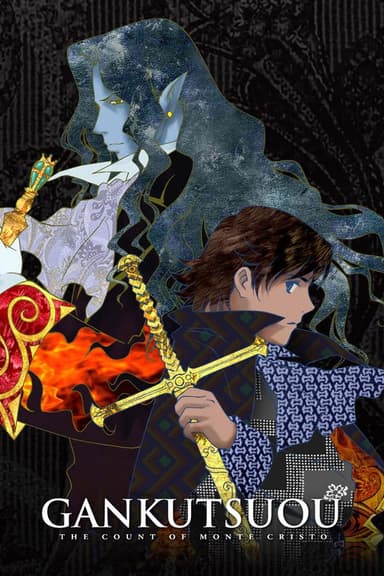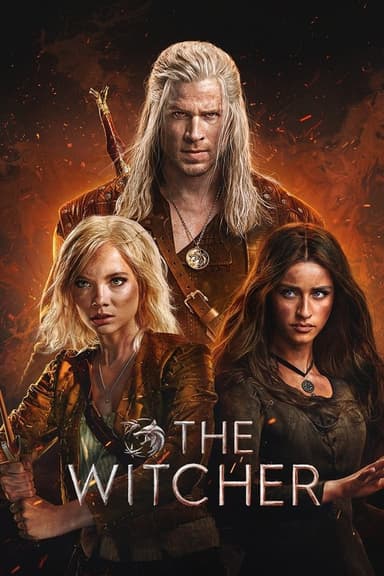
D'Artagnan and Three Musketeers
1979 • Action & Adventure
The musketeers battle against the all-powerful Cardinal Richelieu and the treacherous Milady.
Why you should read the novel
There is nothing quite like reading Alexandre Dumas’s original novel, The Three Musketeers. The book offers a richness of language and narrative subtlety, immersing you deeply in the historical and political intrigues of 17th-century France. The plot develops with intricate subplots and fascinating character studies, all narrated in Dumas’s engaging and witty style.
In the novel, each Musketeer—Athos, Porthos, and Aramis—receives far more depth and complexity than screen adaptations typically provide. Their motivations, secrets, and the meanings behind their famous loyalty are explored fully. D’Artagnan’s journey from eager Gascon youth to respected Musketeer unfolds with greater nuance and emotional resonance in the book.
By reading the source novel, you’ll discover the context and vivid historical background that even the best TV renditions cannot replicate. The novel draws readers with suspense, romance, and adventure but also reveals themes of friendship, honor, and the dangers of ambition. Enjoy the timeless literary artistry only a classic novel can provide.
Adaptation differences
While the 1979 Soviet TV adaptation is a faithful and beloved rendition, it condenses and modifies certain parts of the source novel for dramatic effect and pacing. For instance, many interludes and secondary storylines—such as the fuller political machinations of Cardinal Richelieu—are streamlined or omitted. This can spare viewers from complexity but also limits the richness of the narrative found in Dumas’s book.
Characterization is another area of noticeable difference. In the television version, Musketeers’ personalities are sometimes exaggerated for humor or heroism, and the moral ambiguities of characters like Milady de Winter receive less exploration. The subtler shades of their decisions, motivations, and moral struggles are more profoundly presented in the original text.
The TV series often employs a romanticized or sympathetic portrayal of some characters, notably d’Artagnan, smoothing out his flaws for a more heroic image. In the novel, d’Artagnan is a more complex character—sometimes brash, impulsive, and far from perfect—which makes his development over the story more realistic and compelling.
Lastly, the pacing and chronology are changed for television format. There are omissions of entire scenes, such as the detailed description of everyday life or the extended travels, and reordering of events for narrative clarity. The book offers a slower, richer, and more immersive experience, complete with Dumas’s trademark historical detail and commentary.
D'Artagnan and Three Musketeers inspired from
The Three Musketeers
by Alexandre Dumas
















